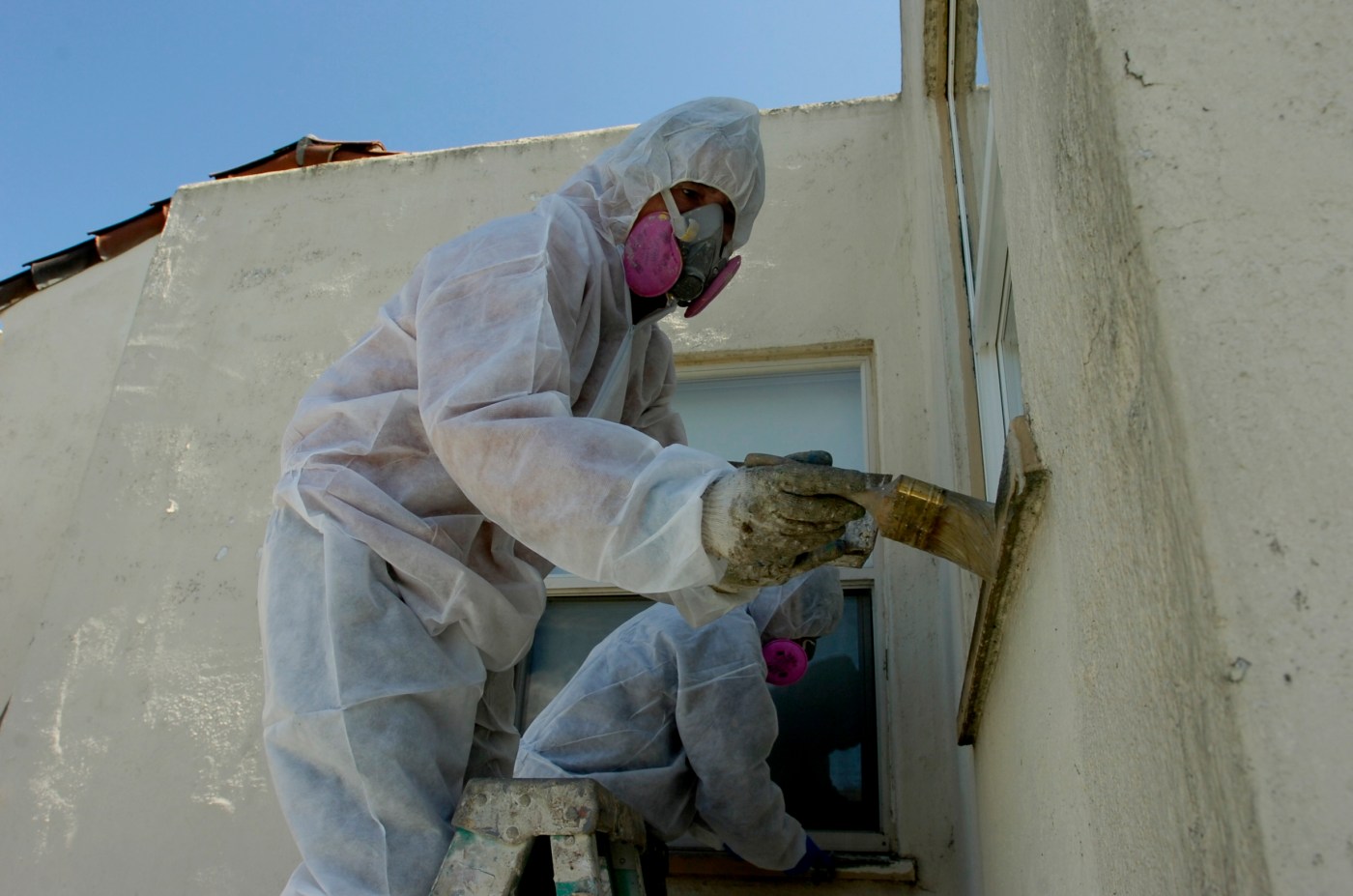The Alameda County Board of Supervisors last month accepted $4 million from the Department of Housing and Urban Development in an ongoing effort to fix lead pollution from Oakland’s industrial era and prepare for a growing senior population.
The dual grants, awarded during the Biden administration, focus on vulnerable populations of children and low-income seniors in high-risk communities.
“These investments are about more than bricks and mortar — they’re about dignity, health, and equity,” Mariana Real, head of Program Development and Community Engagement of the Alameda County Healthy Homes Department, said. “Whether it’s preventing a fall for an aging resident or reducing a child’s exposure to lead, we’re proud to deliver solutions that make homes safer and communities stronger.”
U.S. Census data points to a growing need for safe and healthy housing in Alameda County, as the average age of residents has steadily gotten older, growing from 36.8 years old in 2013 to 38.7 years old in 2023, resulting in one-fifth of residents being older than 60.
Lead pollution has remained a top-of-mind health concern in Oakland, according to the county’s Health Homes Department. A survey of 292 soil samples taken between 2009 and 2011 collected from yards with bare soil in Alameda County revealed that 97% of samples contained over 80 parts per million, the level which the California Environmental Protection Agency determined could impact children.
According to the Healthy Homes Department, “over 60% of the bare soil samples contained more than 400 (parts per million) of lead, which Federal agencies consider a lead hazard in play areas.”
The need for lead pollution assessments and safety improvements for low-income seniors has built up waiting lists in Alameda County, where funding is “insufficient to meet the full scale of need,” according to Real.
“We are doing our part to make a difference, but the reality is that far too many families and seniors are still waiting for help,” Real said. “This is a call to action for our community and stakeholders to join us in closing the gap.”
The funding, passed under then-President Joe Biden, includes a $2 million Healthy Homes Production Grant that will expand environmental risk assessments to prevent lead poisoning for families with young children with a “focus on racial equity” in areas such as East and West Oakland. The county’s Health Homes Department will conduct 270 “comprehensive” assessments and offer case management services for children and youths up to 21 years old.
A second $2 million Older Adult Home Modification Program Grant provides funding for home safety improvements for low-income seniors that include additions of grab bars, ramps, and non-slip flooring, according to the Alameda County Health Homes Department. These home modifications will target 120 seniors aged 62 and up to help residents stay in their homes and avoid costly emergency room visits.
As the county accepts previously promised funds, the future of similar programs remains in flux. The current HUD web pages for both grants result in an error message.
The county is in the final stages of contract negotiation with HUD, the standard for federal grants of this scope. Though federal funding for numerous agencies is in flux, a county spokesperson said there is no indication that the funding is at risk or could be paused.
Environmental lawyer Pete Nyquist, chair of Greenberg Glusker’s Environmental Practice Group, said President Donald Trump’s return to the White House had raised questions about whether lead abatement funding would be preserved after he had rolled back other environmental standards during his first term.
Nyquist said there was a “duality” in the president’s second term, considering he made “Make America Healthy Again” a key tenet of his campaign and has since cut funding for public health initiatives like the National Institutes of Health.
“Pursuant to legislation passed under the Biden administration for infrastructure projects, those funding commitments cannot easily be undone,” Nyquist said. “I think the ultimate question is: Where will the money come from for future projects?”
For at least the next three years, Biden-era funding will support the county’s decades-long effort to rectify past lead pollution and protect its elders, said Alameda County Supervisor Lena Tam, whose district encompasses Chinatown, Fruitvale and unincorporated communities in the county. Those funds will be crucial for her historically lead-polluted district.
“We have been working to secure funding to create safer and healthier homes, particularly children,” Tam said, “by addressing lead hazards in the entire county — primarily in the areas where there are older homes with lead pipes and paint in District 3.”





